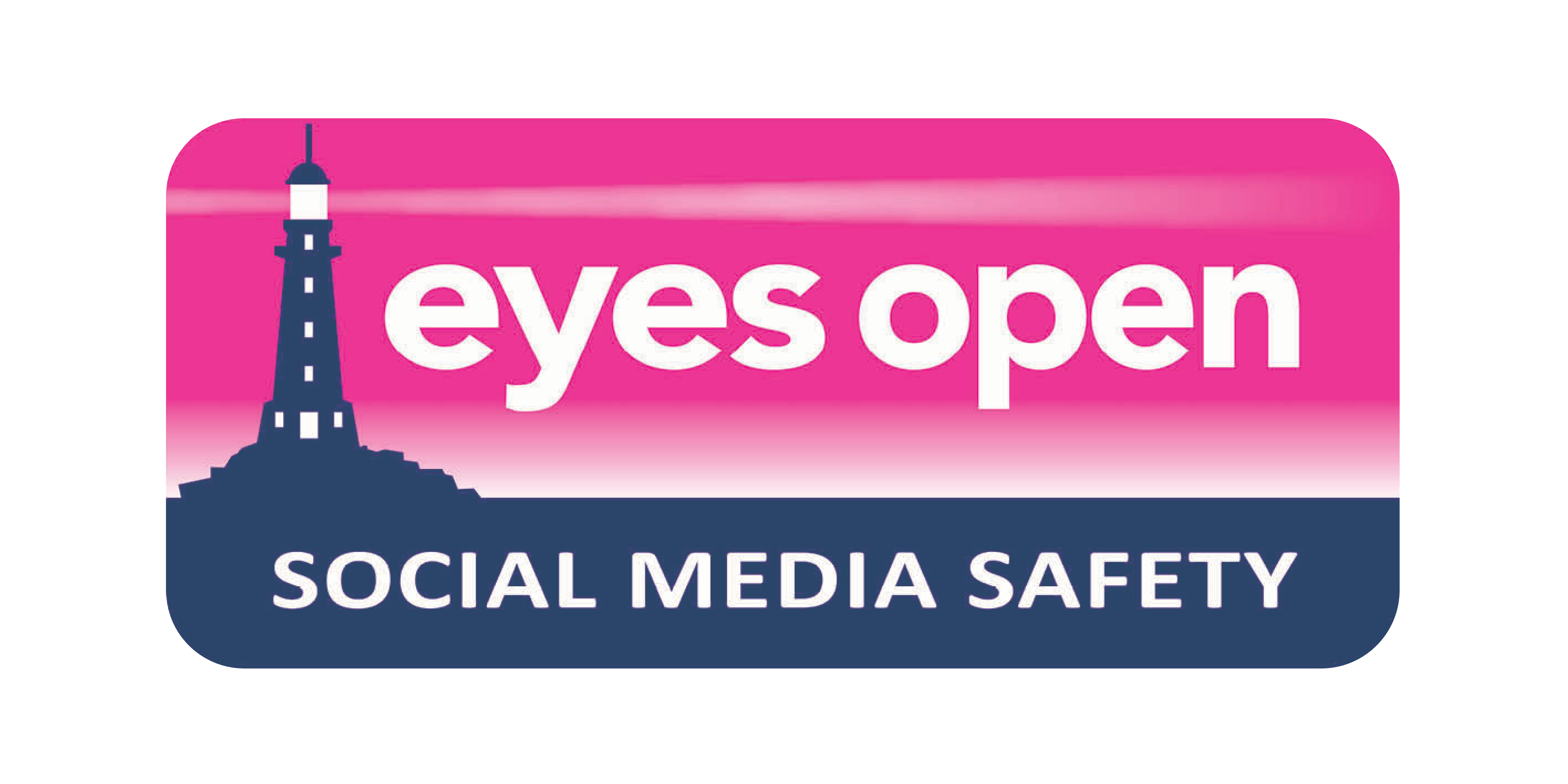People are becoming far more aware of the impact that social media posts can have not only for the people posting the content, but also the people who sometimes don’t choose to be a subject in the posts.
Awareness campaigns are letting us all know that social media could be associated with risks such as identity theft, bullying and becoming the target of online predators.
It can also be a conduit to the creation of inappropriate (or intimate) images, our children being exposed at an early age to inappropriate content and a digital footprint being created that could somehow affect our future opportunities whether it be in a seemingly positive or negative way.
We don’t even KNOW what our social media presence will affect in the future, so a lot of people are starting to take precautions where they can.
One issue that is still not being considered enough though is CONSENT before posting an image of another person.
Netiquette is an actual term used in 2019. The art of using social media without forgetting etiquette. Practicing good manners online.
The number one priority if you are interested in practicing good manners online should be to ask for consent before posting an image of another on social media.
When it comes to children though, there could be safety concerns that you aren’t aware of and the posting of their image online could be the difference between them being safe or them being in danger.
Most parents would be mortified if they accidentally put a child at risk, so here are 3 things you may not know about someone else’s child.
1. The children may never have been posted on social media before.
The child may not have been posted for any number of reasons, one being the parents would like to give the child the opportunity to create their own digital presence when they are old enough to make choices for themselves.
Another reason may be that the parents want to protect their child’s identity information and don’t want to be responsible for personal information such as answers to security questions (like birth date, previous names, first school) about their child to be available online in the future.
In a world that is so highly connected this may have taken quite a bit of thought, diligence and communication on the parent’s behalf.
School should be a safe zone for children. While the school’s all have consent forms signed by the parents for their children to be published on the schools sites or publications, it is near impossible for the school to monitor the attending parent’s taking photos during classroom activities, sporting events or parade.
It is reasonable for parents to assume that their child won’t be photographed and shared without consent on social media.
2. You could be leading the wrong people to personal information about the child or their family.
Families are complicated. There are literally hundreds of reasons that parents may not want someone to know information about their child.
It could be something to do with privacy or it could be something to do with safety.
An image that you post could give information such as the school or sporting club a child attends, the child’s name, who they are friends with or where they could be found.
This information could be used to harm or harass the child or family.
Whatever information a family wants to protect, we don’t have the right to share it social media on someone else’s behalf.
3. The child could be the subject of a protection order.
School’s will be aware if a child is the subject of a protection order, but in most cases the school community will not know.
A social media post could give dangerous people information about where a child who needs to be protected could be found.
Your post could be the link that a dangerous person needs.
As we always say, social media can be awesome and let’s us connect with family and friends all over the world….
But we MUST make sure we use it as safely as possible.
To find out more about how we can help you to be as safe as possible on social media, have a look at our upcoming workshops.
